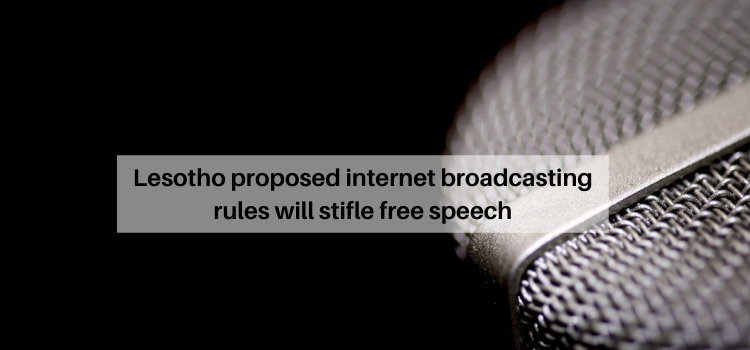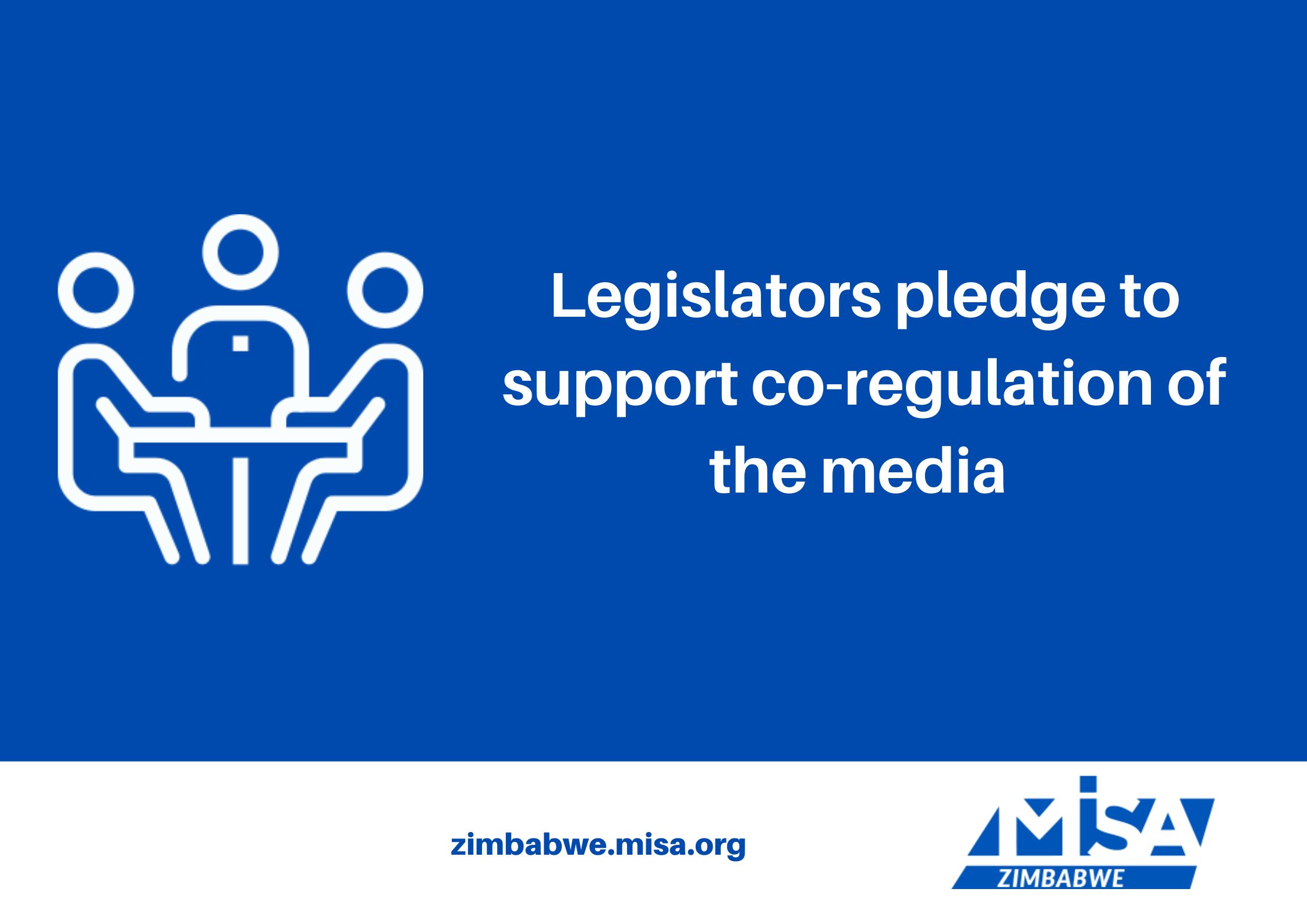The Lesotho government, through the Lesotho Communications Authority (LCA), has proposed new regulations that stipulate that individuals with more than 100 followers on social media platforms will be considered as internet broadcasters and may need to register with authorities.
In addition, internet posts that are accessible to at least 100 users will also be classified as internet broadcasts. This move by the LCA is meant to regulate “internet broadcasting distributed over the internet”.
Among other provisions of the proposed Lesotho Communications Authority (Internet Broadcasting) Rules 2020, a person with at least 100 followers will need to register with the LCA by providing identity documents, proof of residence and show “ability to comply with Lesotho Telecommunications Authority (Broadcasting) Rules 2004”.
Anyone deemed to be conducting internet broadcasting will be required to register within six months.
Following the submission of these documents, LCA will issue a certificate of registration.
Initially, the proposed regulations were ostensibly meant to regulate bloggers and online radio stations.
However, the use of the word “followers” is vague and could also be used to regulate social media platforms such as Twitter and Facebook, which are widely used in Lesotho.
The proposed regulations go on to define what an internet post is, saying it is any message, whether text, picture, video or audio that is placed or uploaded on any internet platform to be accessed by the public, be it on social media or website.
This, however, excludes private communication to specific and identifiable person/s.
On the other hand, “private communication” has been defined as any message, whether text, picture, video or audio, that is sent between two specific and identifiable persons.
MISA Zimbabwe’s position
Lesotho is following in the footsteps of Tanzania in seeking to regulate online content creators.
MISA Zimbabwe is concerned by the LCA’s proposed regulations which are seemingly designed to police and regulate free speech online.
What is further concerning is that it comes at a time when a recent summit of the Southern African Development Community (SADC) Heads of State, resolved to curb social media abuse, which MISA Zimbabwe fears could be a pretext to curb freedom of expression and digital rights.
Furthermore, the proposed LCA regulations are quite onerous and may be difficult to implement.
We urge Lesotho to withdraw these proposed regulations and rather work on promoting free expression online.
In addition, Lesotho should be cognisant of the African Declaration on Internet Rights and Freedoms which stipulates, among others: Everyone has the right to use the Internet and digital technologies in relation to freedom of assembly and association, including through social networks and platforms.
MISA Zimbabwe Regional Communiqué













